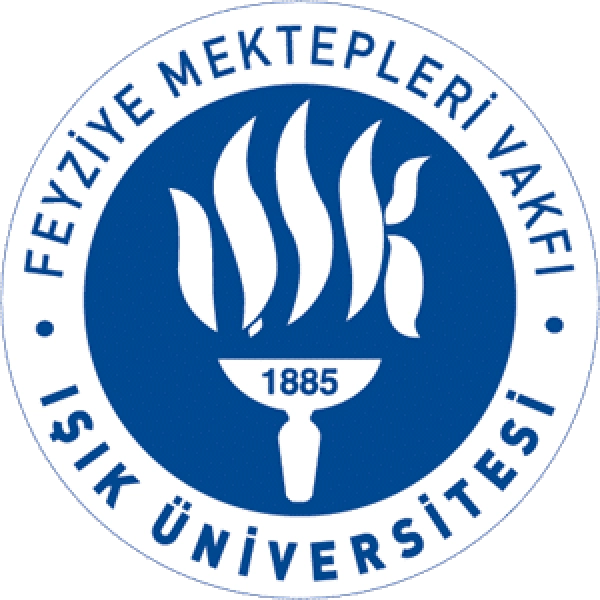College: Graduate Programs Institute
This specialization provides a comprehensive understanding of the principles and practices of art science, focusing on the intersection of art, technology, and scientific inquiry. Students will explore key topics such as art conservation, material science, digital art, and the application of scientific methods in art analysis. The specialization emphasizes integrating theoretical knowledge and practical skills to prepare students for careers in art conservation, museum science, digital art creation, and related fields.
Learning Objectives:
- Understand the basic principles of art science and their role in art conservation and creation.
- Develop skills in analyzing and conserving art using scientific methods.
- Learn techniques for creating digital art and understanding the technology behind it.
- Explore the principles of material science and their application in art conservation.
- Understand the impact of technological advancements on art creation and conservation.
- Analyze the challenges and opportunities in the field of art science.
- Develop critical thinking and problem-solving skills to tackle challenges in the field of art conservation and creativity.
Main Curriculum:
- Introduction to Art Science
- Overview of art science, its history, and significance in art conservation and creation.
- Art Conservation and Restoration
- Basics of art conservation, including techniques for preserving and restoring artworks.
- Techniques for analyzing and documenting the condition of art pieces.
- Material Science in Art
- Principles of material science, including the study of pigments, binders, and substrates.
- Techniques to understand and apply material science in art conservation.
- Digital Art and Technology
- Overview of digital art, including the use of software and hardware in art creation.
- Techniques for creating and manipulating digital art.
- Scientific Methods in Art Analysis
- Fundamentals of scientific methods, including spectroscopy, microscopy, and imaging techniques.
- Techniques for using scientific methods to analyze and authenticate artworks.
- Ethics and Professional Practice in Art Science
- Overview of ethical and professional considerations in art science.
- Techniques to ensure ethical and professional conduct in art conservation and creativity.
- Specialized Topics in Art Science
- Principles of specialized topics, including conserving specific art forms and using advanced techniques in art.
- Techniques for conducting in-depth research on specialized topics.
- Emerging Trends in Art Science
- Impact of emerging trends, such as 3D printing and artificial intelligence, on art science.
- Techniques for integrating new trends into art conservation and creativity practices.
Assessment Methods:
- Art conservation and digital art projects to assess practical skills.
- Written assignments and research papers to assess knowledge of material science and scientific methods.
- Presentations and reports on digital art and emerging trends.
- Participation in group projects and art analysis simulations.
Recommended Textbooks:
- "Art Science: Visual Themes in Western Art from Brunelleschi to Seurat" by Martin Kemp.
- "The Science of Conservation: Heritage Materials" by Eric May and Mark Jones.
- "Digital Art: A Complete Guide to Creating Your Own Art on the Computer" by Christiane Paul.
Prerequisites:
Basic knowledge of art and science principles is recommended. This specialization is suitable for students in art conservation, material sciences, and related fields.
Duration of Specialization:
This specialization typically lasts for four academic years, combining lectures, lab sessions, and practical projects.
Certification:
Upon successful completion of the program, students may obtain a degree in art science, depending on the program and institution.
Target Audience:
This specialization is designed for undergraduate and graduate students in art conservation, material sciences, and related fields, as well as professionals seeking to enhance their skills in art science. It prepares students and professionals to excel in the field of art science, leveraging theoretical knowledge, practical skills, and an understanding of emerging trends to effectively conserve, analyze, and create art.

